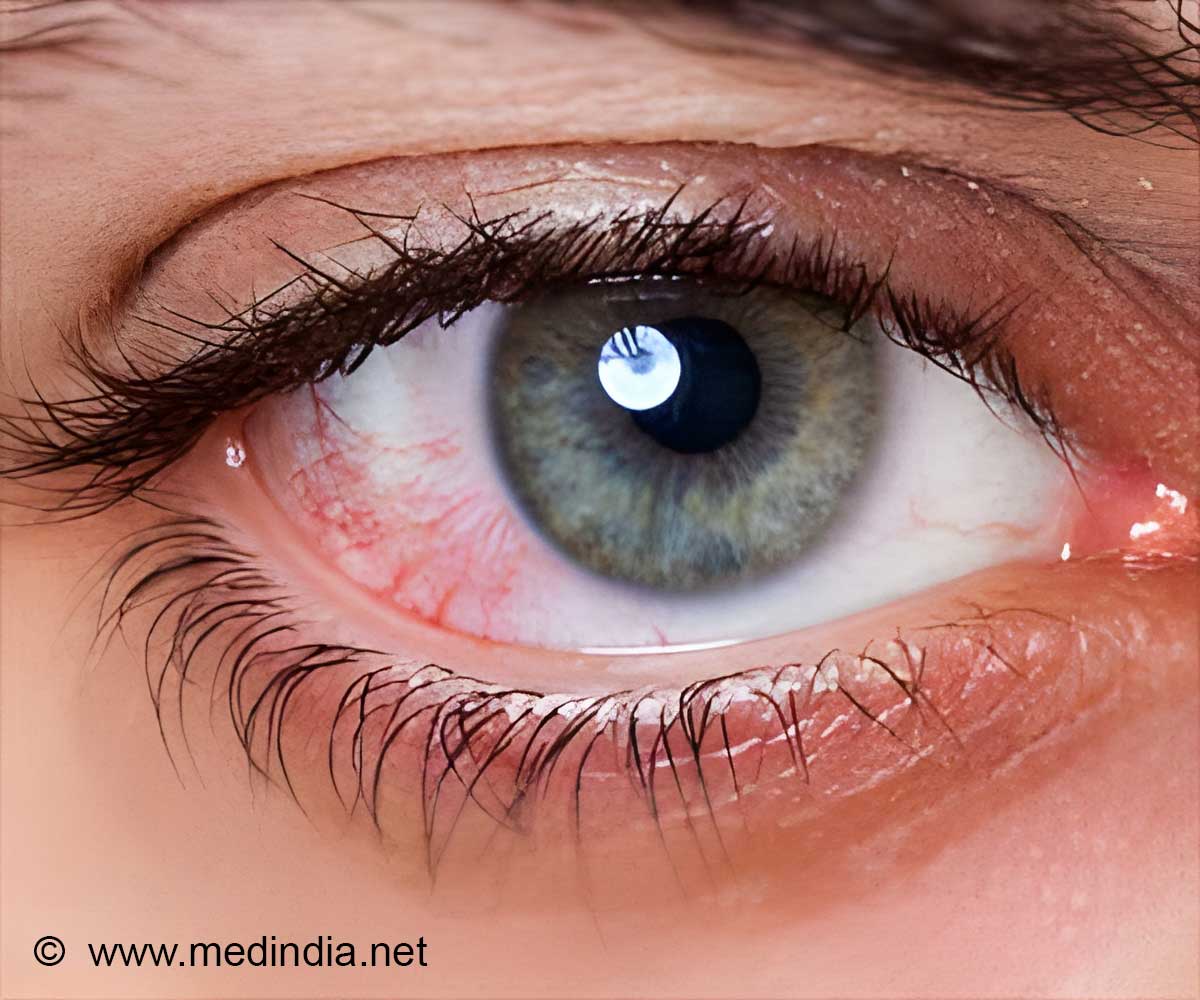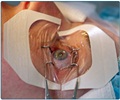Eye floaters become more prevalent with age, and although most patients grow accustomed to them, many find them bothersome, and they can worsen visual quality.

Chirag P. Shah, M.D., M.P.H., and Jeffrey S. Heier, M.D., of the Ophthalmic Consultants of Boston, randomly assigned 52 patients (52 eyes) to receive YAG laser vitreolysis (n = 36) in one session or a sham (placebo) laser treatment (control; n = 16).
Six months after treatment, the YAG group reported significantly greater improvement in self-reported floater-related visual disturbance (54 percent) compared with sham controls (9 percent).
A total of 19 patients (53 percent) in the YAG laser group reported significantly or completely improved symptoms vs 0 individuals in the sham group. Several measures of quality of life also improved compared with those in the sham laser group, including general vision and independence. No differences in adverse events between groups were identified.
A limitation of the study was its small sample size and short follow-up period.
"Greater confidence in these outcomes may result from larger confirmatory studies of longer duration," the authors write.
Advertisement















